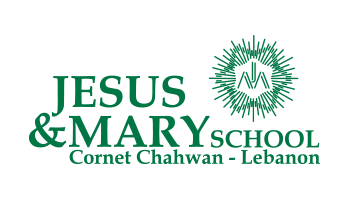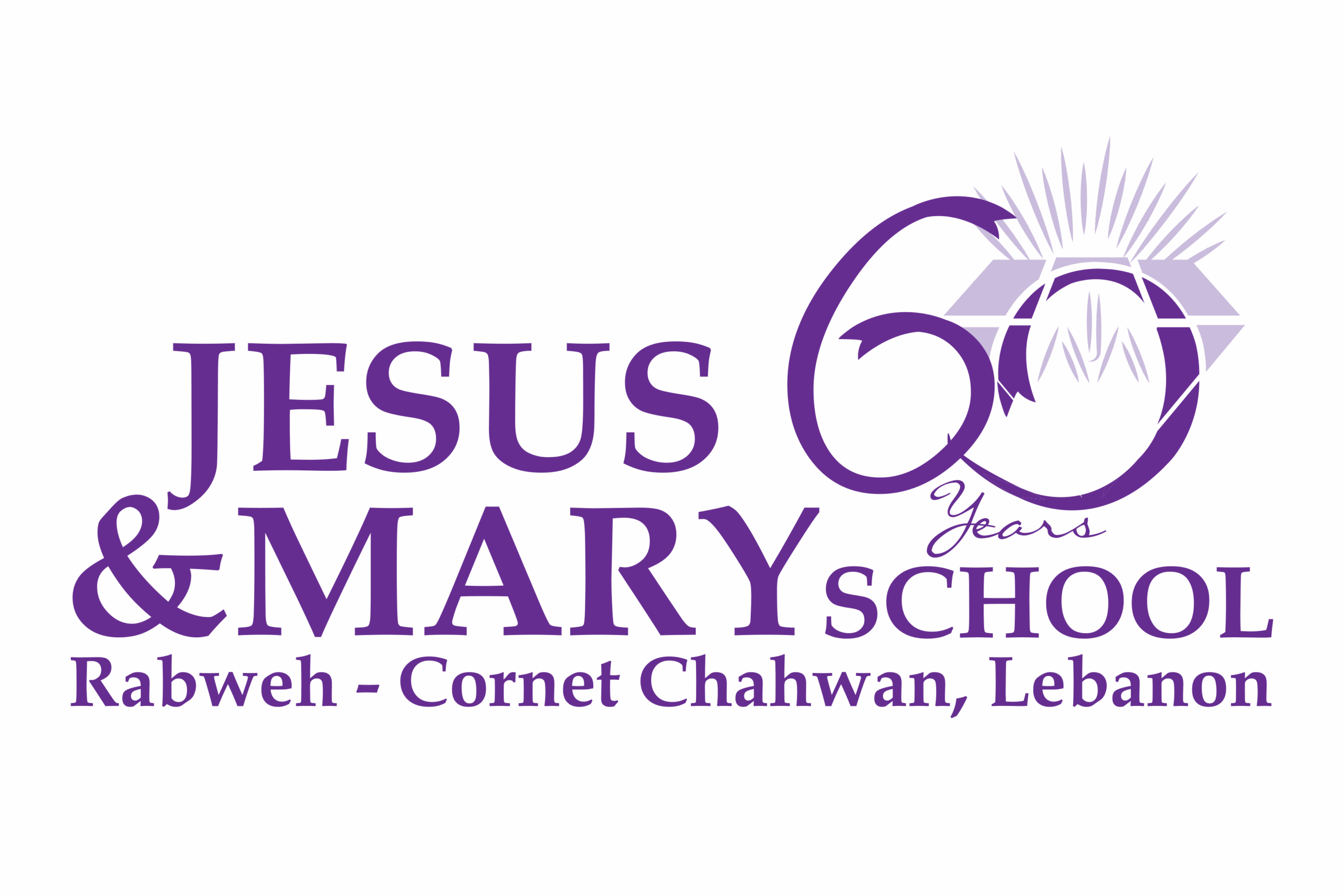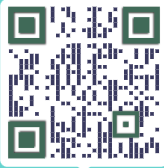What is the IB program?
Created in Switzerland in the 1960s, the IB Diploma Program (IB DP) has spread quickly around the world. The IB DP helps students become life-long learners, internationally minded, positive and active members in the society, and it also helps our world become a better place.
The IB DP includes the last two years of school and prepares students for university and life. IB DP1 is the first year of the Diploma, and IB DP2 is the second year that ends with the External Assessment.
The IB Philosophy, along with the JM principles, prepares students to become “distinguished communicators, role models in society, and dedicated advocates of justice and peace” (JM Vision Statement). This specific Philosophy relies on five Policies.
IB
What are the five Policies?
What are the courses given in IB DP?
The courses are divided into six groups: Studies in Language and Literature, Language Acquisition, Individuals and Societies, Sciences, Mathematics, and Arts. With the help of the Career Orientation Coordinator and the IB DP Coordinator, the student has to choose six subject matters: three High Level (240 hours minimum) and three Standard Level (150 hours minimum).
Requirements: at least two languages, one subject from Group 3 and one from Mathematics, and at least one Science subject.
Here are the subjects offered at Jesus & Mary School:
- Group 1 – Studies in language and literature
Language A: English
Language A: Arabic
- Group 2 – Language acquisition
Language B – French
- Group 3 – Individuals and societies
Economics
IT Digital Societies
- Group 4 – Sciences
Biology
Chemistry
Physics
- Group 5 – Mathematics
Mathematical studies AI
Further Mathematics AA
- Group 6 – Arts
What is the Core in IB DP?
The Core is the distinctive characteristic of the International Baccalaureate.
It is the heart of the program. It includes three pillars:
The EE is a 4000-word self-directed essay that the student starts writing in DP1 and submits the second term of DP2.
The student chooses a subject matter and a topic he/she will work on through research, readings, and analyses guided by a supervisor and the EE Coordinator in three mandatory reflection sessions.
TOK helps students “reflect on the nature of knowledge, and on how we know what we claim to know” (ibo.org).
It is a compulsory course given in DP1 and DP2. It is built on questions related to the how? the what? the why? This course triggers thinking, reflection, and analysis. It also helps students think and act responsibly in such an unpredictable world.
CAS is built on three strands: Community, Activity, and Service and on seven Learning Outcomes that help the student meet the IB Learner Profile and Mission.
The Learning Outcomes push the student to identify his/her own strengths, to show commitment and engagement, to face challenges, to develop and grow, to collaborate, to stick to his / her values, to manage their time…
EE, CAS, and TOK are mandatory in IB DP
What are the compulsory courses that are not included in IB DP?
If the student holds the Lebanese nationality only, he/she will have to take Arabic (IB DP course), Civics and History (Lebanese Program).
As for CE and PE (JM standards), they are to be taken by all the students.



